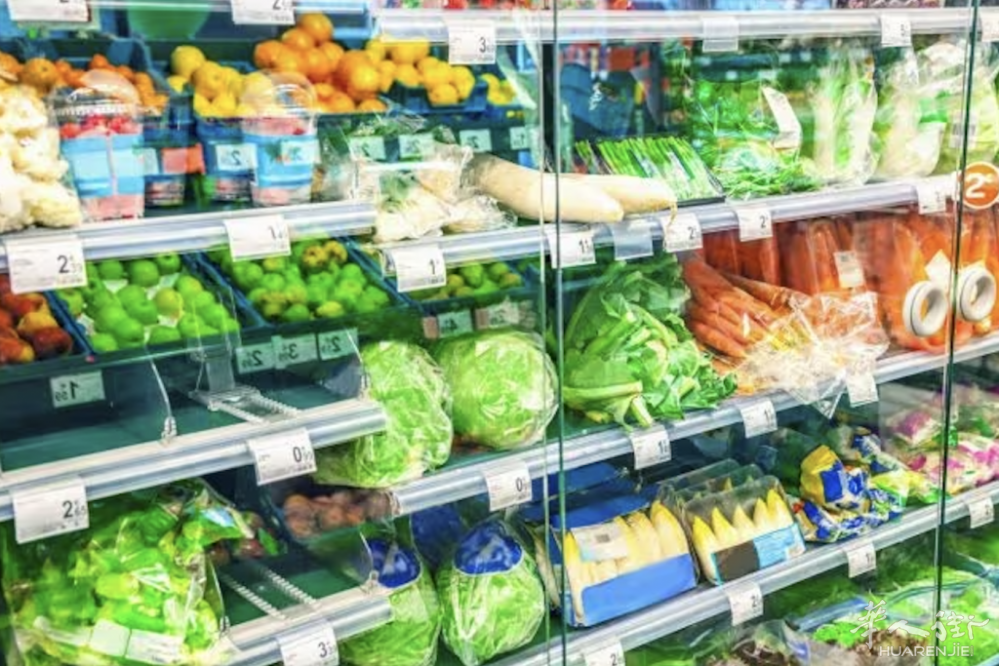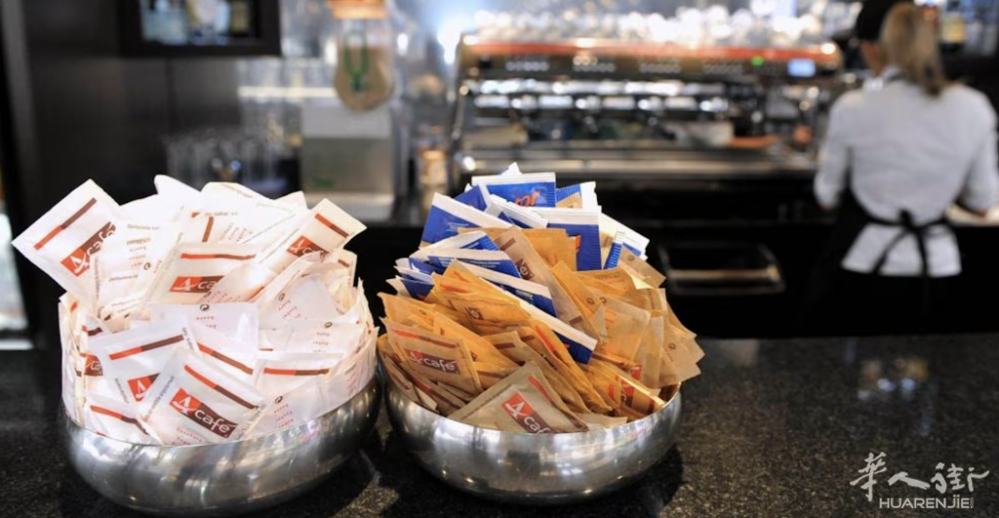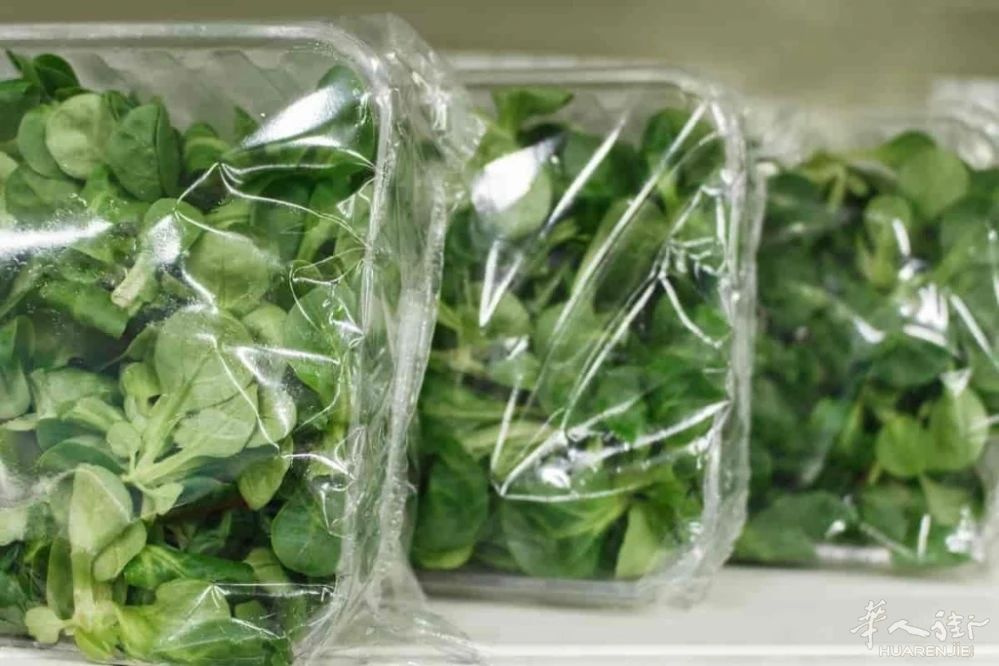The EU's plastic restriction order is gradually strengthening strict management, from the previous cessation of disposable plastic tableware and straws to the recent cessation of flash powder sales. Some unnecessary plastic products are disappearing under various systems.
On October 24th, the Environment Committee of the European Parliament passed a new European packaging regulation, which will be discussed and amended again from November 20th to 23rd. Let's take a look together, what are the future plastic restriction targets of the European Union and the following plastic disposable products that will be banned?

Firstly, the new packaging law prohibits the use of disposable small bags and bottles.
Regulations prohibit the use of disposable packaged condiments, jams, sauces, coffee cream balls, and sugar in hotels, restaurants, and the catering industry, including small bags, packaging boxes, trays, and small packaging boxes. Stop using disposable cosmetics and hygiene products in hotels (liquid products less than 50 milliliters and non liquid products less than 100 grams): shampoo bottles, hand sanitizers and shower gel bottles, and disposable sachets of soap.
After the approval of the law, these disposable items need to be changed. Hotels must use recyclable large bottles of shower gel, and restaurants must also cancel the supply of some seasonings and packaging services.

Secondly, for supermarkets and home shopping, fruits and vegetables weighing less than 1.5 kilograms are prohibited from using disposable plastic packaging, including nets, bags, trays, etc. At the same time, the use of plastic packaging in bundled retail products (consisting of cans, pallets, and packaging) will be prohibited, and consumers will no longer be encouraged to purchase "value added" products.

In addition, the new packaging law also stipulates that by December 31, 2027, all on-site ready to drink bulk beverages must use sustainable containers such as glass and ceramic cups. If they need to be packaged and taken away, consumers need to bring their own containers and bottles to fill them.
Starting from January 1, 2030, 20% of all beverage bottle packaging sold in supermarkets must be recyclable.

Friends in related industries need to plan their product packaging replacement plans in advance and choose environmentally friendly suppliers.
The content is sourced from the Spanish Chinese Street.
Post time: Nov-11-2023






